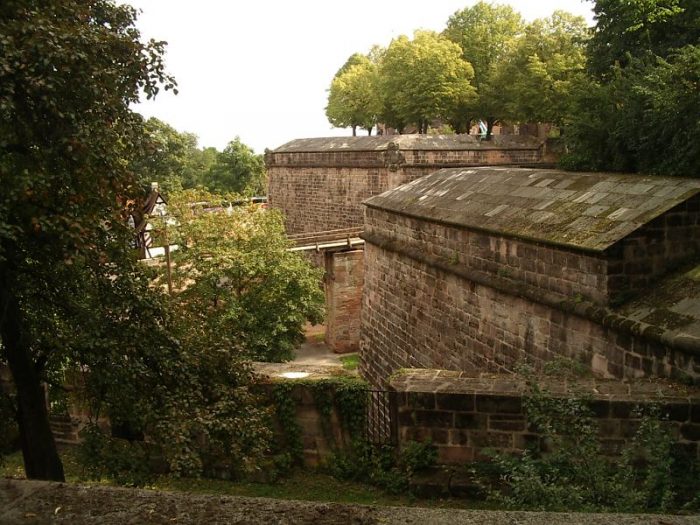
August 1 1298 – 22 Av 5058
The Rintfleisch massacres of 1298, named after their instigator – an impoverished knight or more likely a butcher (rind means beef in German), though the term may also refer to his behavior – destroyed 146 Jewish communities in Franconia, Bavaria and Austria. They began with Rintfleisch’s accusations in Röttingen, near Würzburg in Bavaria, that the Jews had desecrated the sacred bread of the Eucharist used in Church services. Claiming he had a God-given mandate to avenge the sacrilege, he burned Röttingen’s Jews on April 20 (7 Iyar) then moved on with a mob of followers to other towns. In Nuremberg, the Jews sought refuge in a fortress, but Rintfleisch overcame the defenders and butchered them all on 1 August. The Nürnberger memorial book includes the names of thousands of victims, with heartrending descriptions of how they died. One of those killed with his wife and children was Mordechai ben Hillel HaKohen (c. 1250–1298), a 13th-century German rabbi and author of a legal commentary on the Talmud, referred to as The Mordechai (one of the sources of Rabbi Josef Karo’s Shulkhan Arukh).
